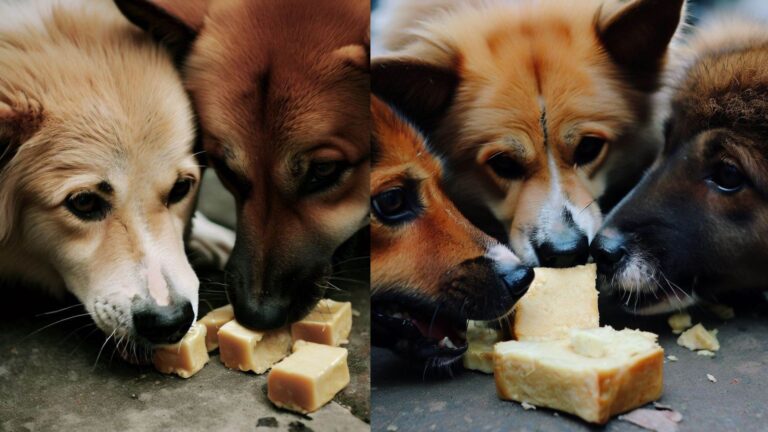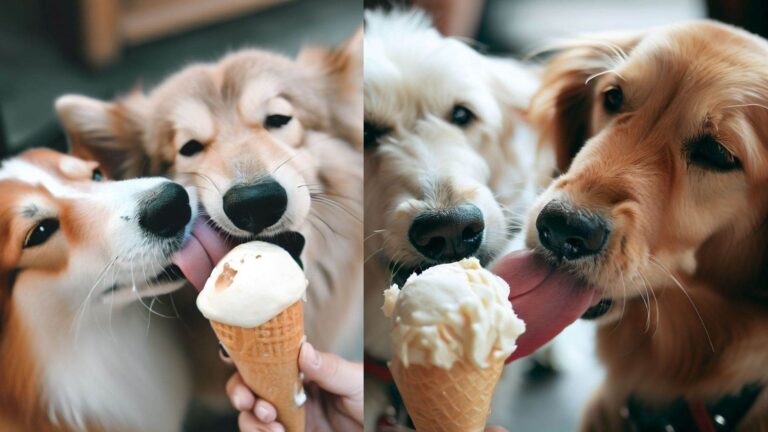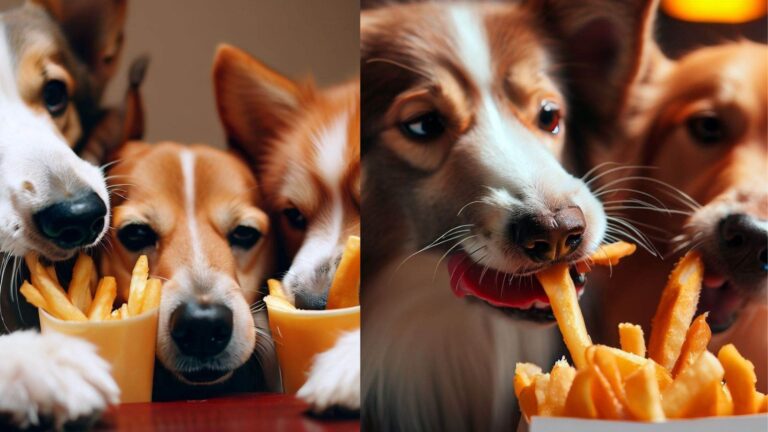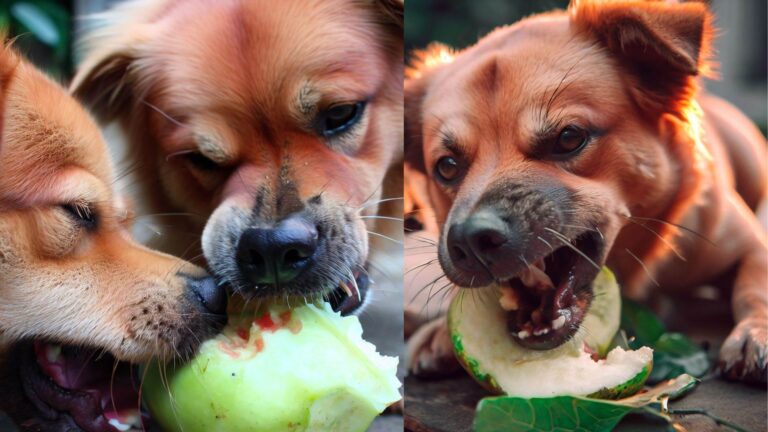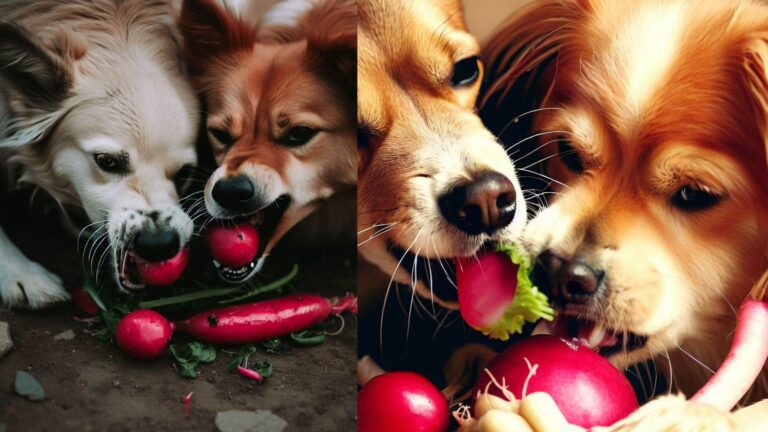Dogs are one of the most beloved pets in the world. They are loyal, affectionate, and bring joy and happiness to their owners. However, being a responsible pet owner means understanding the dietary needs of your dog, including what they can and cannot eat.
One of the questions that many dog owners ask is whether their dogs can eat rib bones. The short answer is that it depends. In general, giving dogs cooked rib bones to eat is not recommended, as they can pose serious health risks. Let’s take a closer look at why this is the case.
Table of Contents
Cooked Rib Bones Can Splinter
When bones are cooked, they become brittle and can easily splinter. This is especially true for thin rib bones that can break into sharp, jagged pieces. If a dog ingests these pieces, they can cause serious internal injuries, such as puncturing or tearing the esophagus, stomach, or intestines.
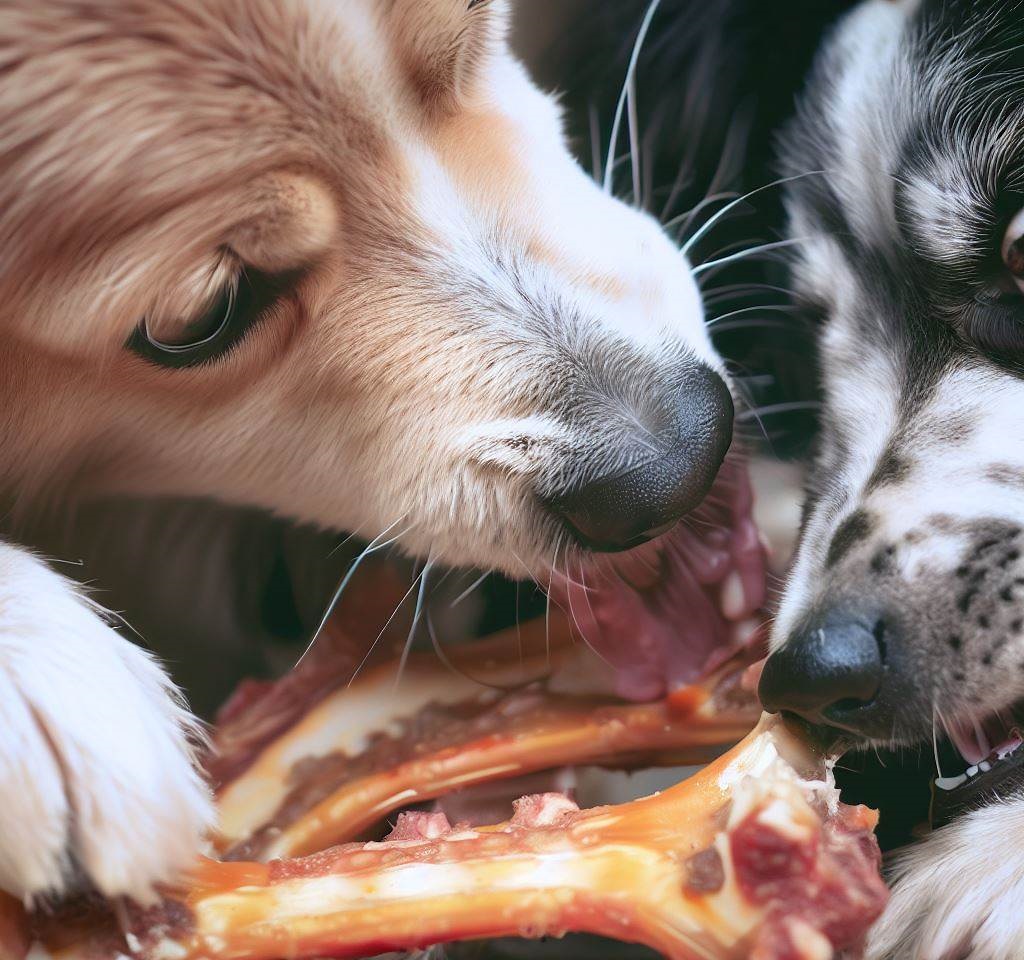
Raw Bones Can Also Pose Risks
While raw bones are less likely to splinter than cooked bones, they can still pose risks to dogs. Raw bones can contain harmful bacteria, such as Salmonella or E. coli, which can cause food poisoning and other health problems.
In addition, raw bones can cause dental problems if dogs chew on them too aggressively. The hard texture of the bone can wear down the enamel on the teeth and lead to dental fractures or infections.
What About Bone Treats?
Some dog owners may be tempted to give their dogs bone treats, such as those made from dried or smoked bones. However, these treats can also pose risks, as they may contain preservatives, flavorings, or other additives that can be harmful to dogs.
In addition, bone treats can still splinter or break into small pieces, which can cause choking or digestive problems.
What Are The Alternatives?
If you want to give your dog a treat to chew on, plenty of safe and healthy options are available. Some examples include:
- Rawhide chews
- Dental chews
- Bully sticks
- Antlers
- Rubber toys
Always supervise your dog when giving them a chew treat, and make sure to choose one that is appropriate for their size and chewing habits.
Read More: Can Dogs Eat Whipped Cream?
FAQs
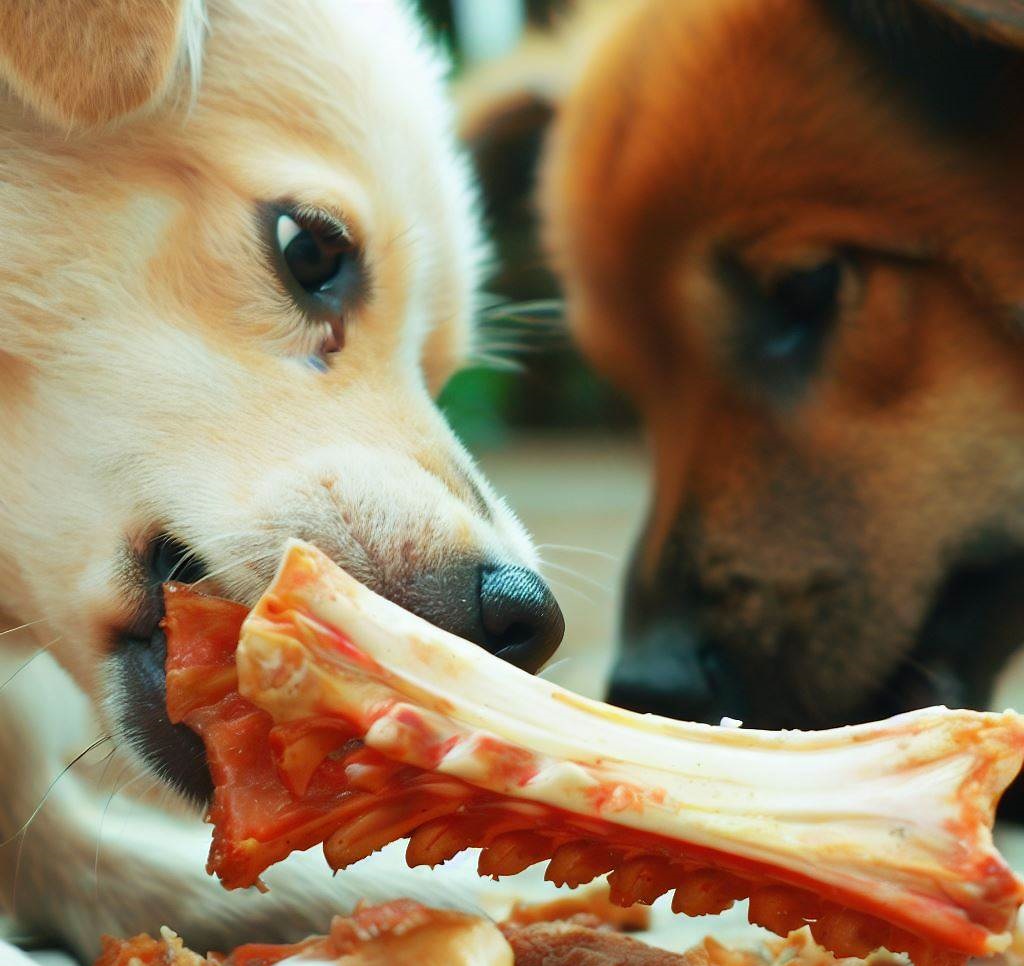
Can dogs eat cooked rib bones?
Dogs can eat cooked rib bones, but it’s important to make sure they are thoroughly cooked, and all the meat has been removed.
Can dogs eat raw rib bones?
Raw rib bones can be dangerous for dogs, as they may contain harmful bacteria that can cause illness.
Can rib bones cause blockages in dogs?
Yes, rib bones can cause blockages in dogs if they get stuck in the throat, esophagus, or digestive system.
Can rib bones splinter and cause injuries to dogs?
Yes, rib bones can splinter and break into sharp pieces that can cause internal injuries to dogs.
Can a puppy eat rib bones?
Puppies are at a higher risk of choking on rib bones, so it’s important to supervise them while they are eating and take the bones away if they become too small.
Can dogs with dental problems eat rib bones?
No, dogs with dental problems should not be given rib bones, as they can cause further damage to their teeth and gums.
Can dogs with digestive problems eat rib bones?
No, dogs with digestive problems should not be given rib bones, as they can exacerbate their condition.
Can dogs eat pork rib bones?
Pork rib bones are not recommended for dogs, as they can be more prone to splintering and breaking.
Can dogs eat beef rib bones?
Beef rib bones are safer for dogs than pork rib bones, but they can still pose a risk of splintering and should be supervised while eating.
Can dogs eat rib bones as a regular part of their diet?
No, rib bones should not be a regular part of a dog’s diet and should only be given occasionally as a treat under careful supervision.
Conclusion
In conclusion, while dogs love to chew on bones, it is important to be mindful of the risks involved. Cooked rib bones, raw bones, and bone treats can all pose serious health risks to dogs and should be avoided. Instead, opt for safer alternatives that will provide your dog with the same chewing satisfaction without the potential for harm.

